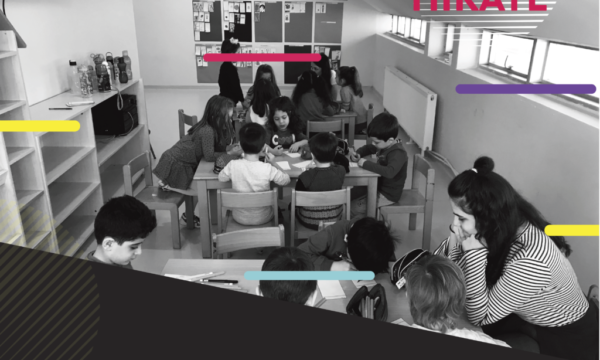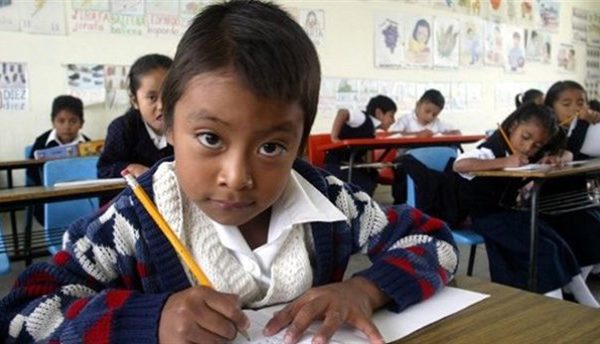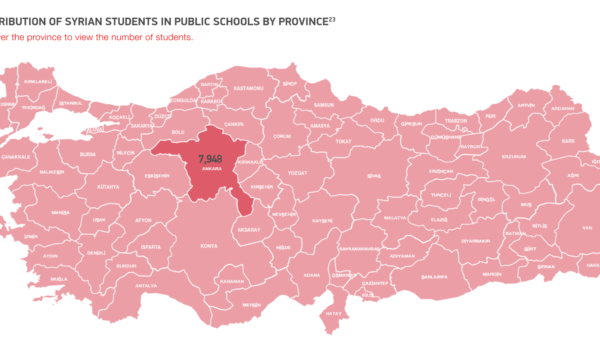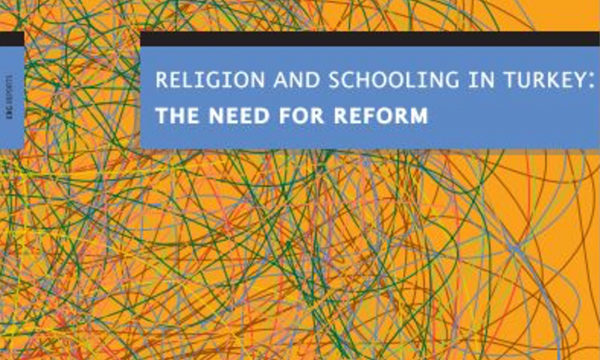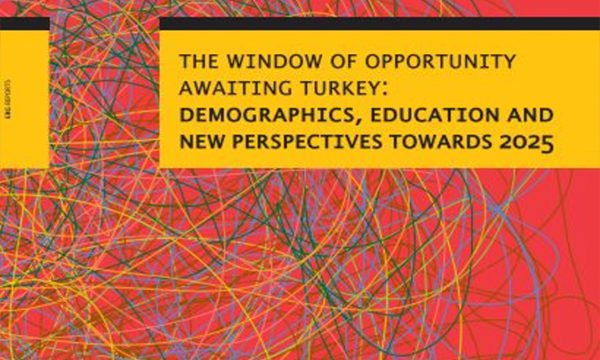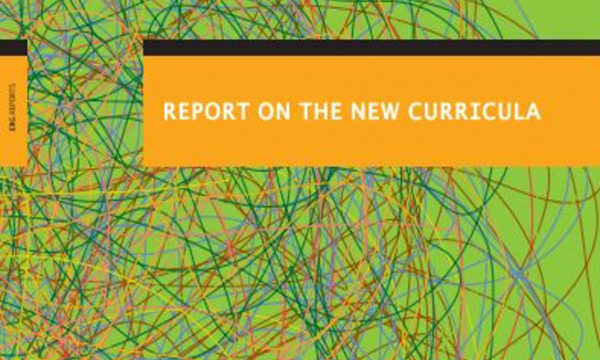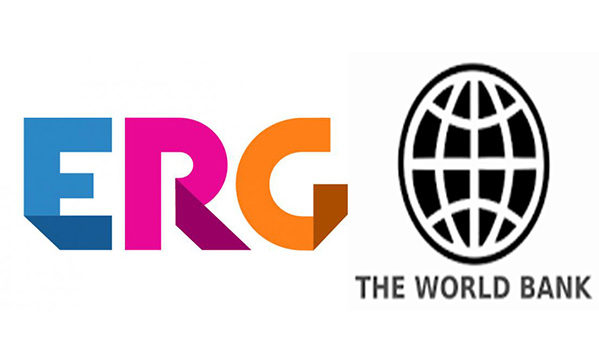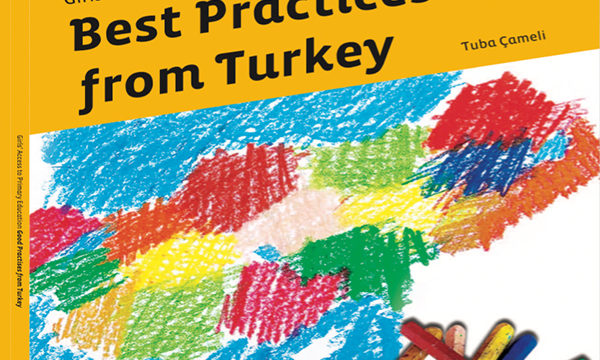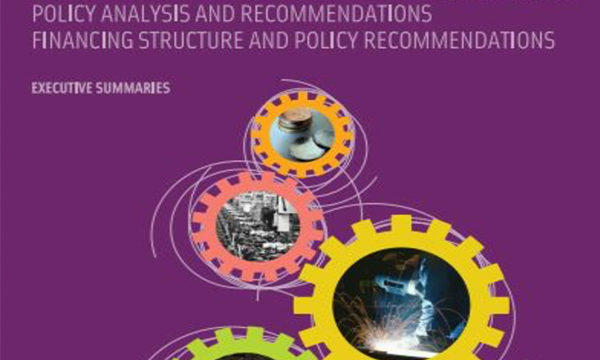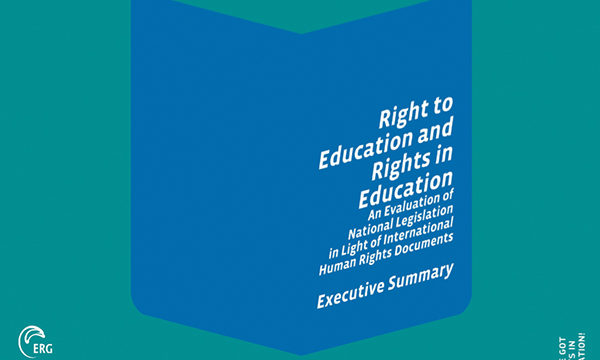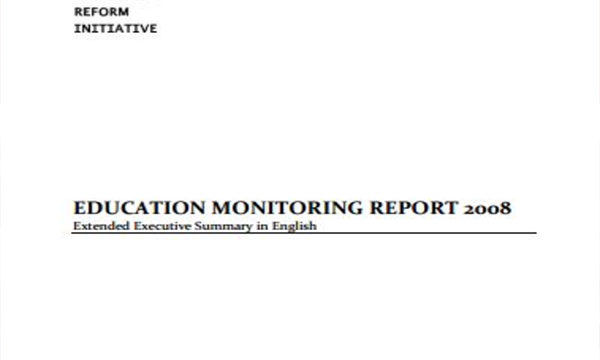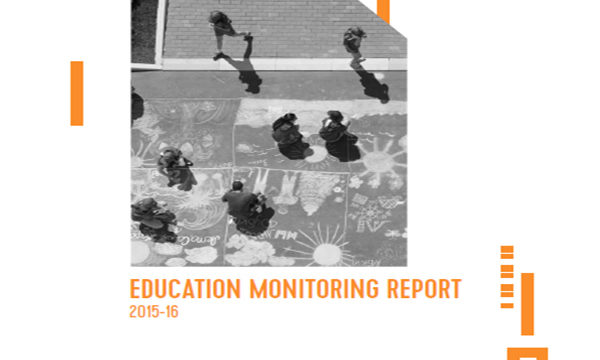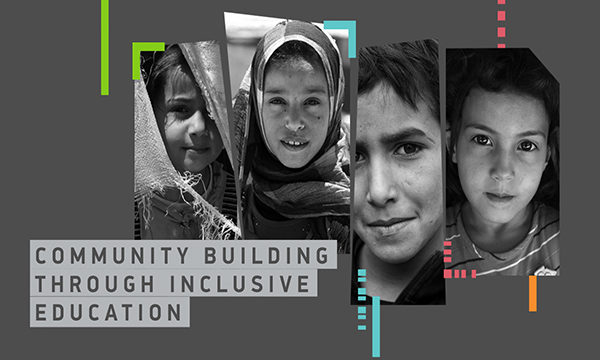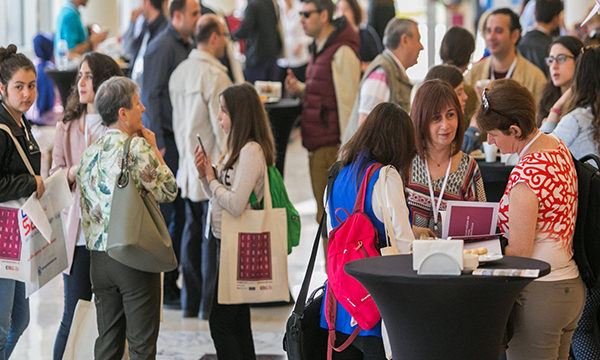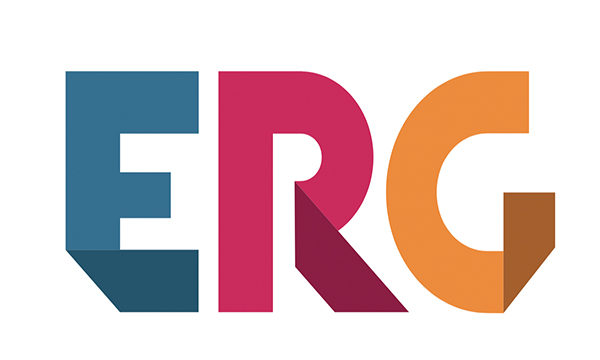Hürriyet Daily News, Barçın Yinanç
Change is a must in Turkey’s education system, but recent sharp shifts could do more harm than good, Education Reform Initiative (ERI) director Batuhan Aydagül has told the Hürriyet Daily News in an exclusive interview.

Commenting on the government’s sudden recent decision to remove the TEOG exam on transitioning to secondary education, Aydagül said the administration has long neglected the importance of quality in the country’s education system.
Why do you think the decision to change the TEOG exam was taken?
A consensus developed that the TEOG was doing more harm to education than good. The TEOG was pedagogically harmful to children’s wellbeing and equity in the education system. But the TEOG is actually just the tip of the iceberg of problems in the education system in Turkey. Until four years ago, only those who wanted to go to a more academically competitive school entered national exams and all other students were enrolled at schools in non-competitive processes. What the TEOG changed is that overnight all students found themselves in a position where they would have to take the same test in 8th grade.
In the previous system you did not need to take an exam to enter regular public schools, religious imam-hatip schools or vocational schools. The distribution of graduates to those schools was therefore more random; it was not necessarily as segregated as it became after the introduction of the TEOG. The reason why the TEOG became segregated is the fact that it ranks all students and allocates them to schools based on that ranking. So the crème de la crème go to academically competitive schools and the next 10 or 20 percent go to good schools. As you go down the scale you find yourselves going to imam-hatip schools and vocational schools. This is very detrimental in terms of equality because the peer effect is crucial. The bigger the homogeneity, especially at low academic achievement levels, the more learning motivation is hindered.
We know almost for certain that the reason why the TEOG exam was introduced was to decrease the demand for private tutoring, so that the government’s decision to close down private “dershane” cram schools in 2013, many of which were linked to the U.S.-based Islamic preacher Fethullah Gülen, would not stir too much of a reaction.
With the TEOG system students had to pass a certain threshold if they wanted to go to a regular school, otherwise they found themselves in imam-hatip and vocational schools. So if the government wanted to increase the status of imam-hatip and vocational schools, it could not have made a worse move. Those schools ended up suffering because they got the less academically competent students.
There are claims that the decision to remove the TEOG came only to send more students to imam-hatip schools.
I can’t agree with that completely. There might be a motivation to channel better students to imam-hatips and that is understandable. I‘d like to have all school types attract good students. But if the rapid pace of this process of shaping education policy derives from the motive to increase the quality of imam-hatips then it will be unfair to other schools. The system needs to change, but it has already been changed so many times, with no sustainable solutions found in the end.
Turkey has a very fresh memory of trying to implement a radical restructuring of the system four years ago. That change was executed in such a short time – the law was passed in April and the implementation began in September – that a cohort of students really suffered the consequences of this rapid change. We will probably see the same effect for this cohort of students who were expecting to take the TEOG exam but will instead go through a different system.
What should have been done instead is that the ministry could have started preparing the change, come up with a model by the beginning of the summer, piloted it next year, and introduced the new system in 2019.
You say there was a need to change but change came too hastily without the necessary preparation.
Exactly. The competition to get into a good high school is fierce and it is ultimately detrimental. We have parents whose only mission is to make sure that their children gets to the best school. Families do everything possible to reach this goal, including depriving their children of all social life, for at least one year.
One has to ask why this is necessary. The answer should focus on the fact that we have too few good high schools and the remaining ones are too mediocre. If you don’t manage to get to a good school – and this goes for about 90 percent of the population – you end up getting a very mediocre education. In that event the likelihood for you to do better depends on tremendous individual efforts and miracles.
The government takes pride in saying it has increased the budget for education.
There is more funding and there are more teachers. The teacher per student ratio has decreased and we have more classrooms. But as far as quality is concerned I am skeptical. As one former minister said, “We have invested in education a lot but one thing we are not good at is the learning outcomes. We have not invested enough in teachers.” That is the bottom line. The government has maintained the trend of not investing in educational effectiveness. So we have more teachers but the effectiveness of the teachers does not change much. Change in quality can only come from paradigmatic changes in the curriculum, including teacher and principal competency.
What do you think about the controversial recent changes in the curriculum?
The process fails in terms of the principles of good governance. The authorities did not seek consensus on the matter, it was not transparent, and its scientific base is weak. The pedagogic base is weak, so the question of how it will be implemented depends on teacher effectiveness.
As for the ideological debates that surround the curriculum, we still need to collect more evidence to make a better assessment. We don’t know if some suspicions are well-supported. We know that evolution has been removed, but as one teacher said, “We used to have evolution but failed to teach it properly anyway.”
There is more influence of religion. This is visible in textbooks included in the curriculum. Does this amount to Islamization? I would need more evidence to say that. Is the curriculum getting more conservative? No doubt. But the most critical thing is that the emphasis of the curriculum has moved away from foundational skills like critical and analytical thinking in favor of values-based education. The latter is important to the government but the 21st century requires foundational skills.
What will the new system be like?
Which schools will be identified as academically competitive and how these elite schools will select their students needs to be figured out, otherwise we will be at risk of completely losing our elite education system. This would be a big loss for Turkish society.
But I’m more concerned about the other 90 percent who receive a very mediocre education. We understand that this would be based solely on their place of residence and the geographical distribution. You cannot simply allocate students like that, you have to give them options. Geographical distribution is possible but it requires a very sophisticated policy solution to enable quality at the same time.
What we hear is that we may be disappointed, just for the sake of time and getting things done rapidly. Speed does not necessarily bring success; we need to be more patient. However you allocate students in their neighborhood, the whole system will really depend on whether or not we manage to increase quality. If we can’t do this, the system will fail once again.
Many people have raised concerns that students will be forced to go to imam-hatip schools in the new system.
I don’t believe a majority of imam-hatip school students are obliged to go to those schools. They are there because their families want them to go. We have to accept that there is such a demand. The minister himself has said that not one student should find themselves obliged to attend an imam-hatip school. I hope the ministry will show zero tolerance in terms of applying this principle, but unfortunately our experience shows that there are always leakages. Although there is a centralized system, a lot of space is actually given to the provinces. So a lot depends on local implementation, and we cannot predict how this will unfold in conservative provincial cities.
Is the government in touch with the relevant stakeholders?
It is not in touch with us. I don’t know if it is in touch with others, but we are hearing that it gets ideas from its party grassroots organizations.

